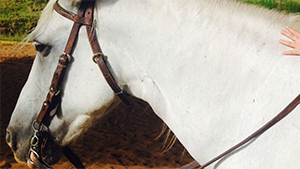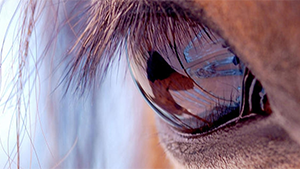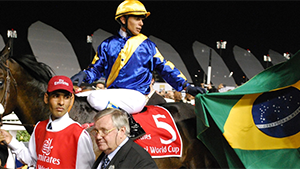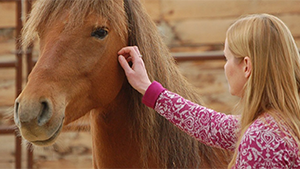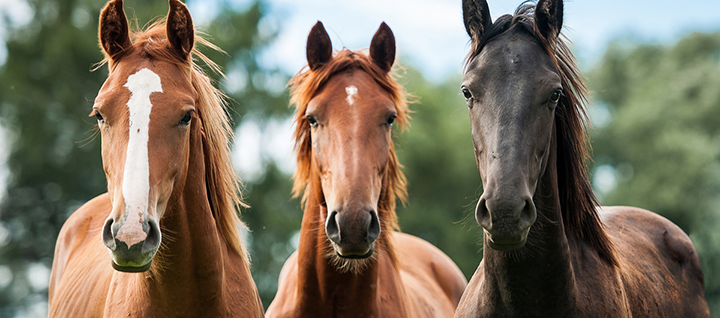
When handling horses, we must take care not to let the animal learn that it can get everything it wants through undesirable behavior. In this relationship with the horse, the rider, as leader, must impose command naturally and wisely.
Advertisements
Each horse is an individual being, and it is well known that some breeds mature earlier in their physical and psychological development than others.
Heredity, training, temperament, conformation, gaits, and natural balance are all factors that strongly influence their development.
In any breed, the horse only completes its biological development at the age of six. The International Equestrian Federation, an entity extremely careful with horse health, recommends this age as the starting point for competitions that demand intense physical exertion.
The horse has modest intelligence but an extraordinary memory, with a strong sense of imitation. It learns quickly if lessons are applied consistently in the same manner and intensity.
Advertisements
An “intelligent” horse is one with greater sensitivity, capable of storing more symbols in its memory and promptly associating them. This memorization ability helps it understand commands.
The horse is extremely sensitive to both good and bad treatment. It responds to affection and rewards, as well as punishments—especially when these occur without a very clear reason.
Advertisements
A focused rider leads to a focused horse. This is a quality that can be achieved if the rider learns to understand the horse’s slightest reactions. That alone is halfway to ensuring the horse understands the rider’s aids.
We should not abruptly change a horse’s routine, shifting from exhausting, regular work to full rest in the pasture. The opposite is also harmful.
A horse’s character almost always reflects that of the person handling it. A horse can normally reach a level of generosity that makes it obey commands almost blindly. In some cases, it may even go as far as self-sacrifice, completely exhausting its strength when asked—clear proof of its obedience to man, even over its primary instinct for self-preservation.
We must not forget that horses were warriors, having participated in countless battles alongside men. They were never intimidated by the noise of combat, and when their rider was killed and fell, they would not trample him—showing a care that only their gentleness and courage could explain. Another proof of this nobility is that it is very rare to see a horse attack a rider who, out of fear or discomfort, has just been thrown off.
Advertisements
Article written by Deolir Dall’Onder for Revista Acontece Sul, Year XII, Issue 125.

